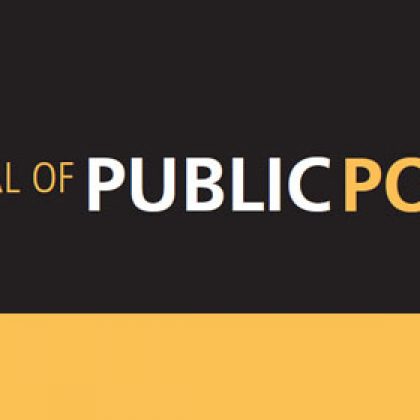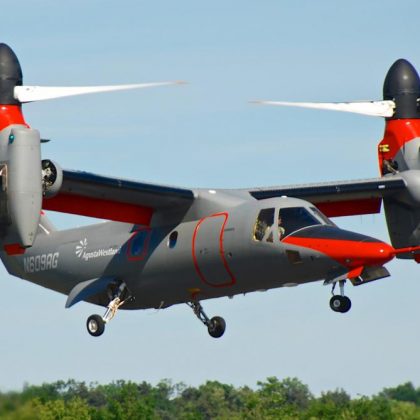Conflicting Information on the Flight Deck
The Aeronautical Journal March 2023 Vol 127 No 1309
The Problem: Conflicting Information on the Flight Deck
The advancement of technology on the modern commercial flight deck has allowed flight crew members to utilize multiple sources of information to maintain the safety of their flight. An example of new technology that has emerged within the last ten years is the electronic flight bag (EFB). The emergence of EFBs has reduced the necessity of paper resources that pilots utilized alongside their flight deck instrumentation. Examples of these paper resources include navigational charts, aircraft manuals, and checklists. Guidance from aviation regulators, such as the Federal Aviation Administration (FAA) allows pilots to utilize EFBs in place of paper as long as the EFB is a sufficient replacement for these traditional sources of information. A benefit of the EFB is that they have added functionality beyond replacing traditional paper resources. As EFB technology has evolved, these devices are now able to display similar information to what was previously only available through flight deck displays, such as moving navigational maps with ownship capability, or traffic alerting systems. However, having multiple sources of flight deck information, capable of displaying the same type of information, can lead to a situation in which a pilot encounters conflicting information. Understanding how a pilot makes a decision when faced with an information conflict on the flight deck is important to ensure appropriate design of flight-deck information systems and effective pilot training.
Understanding Information Conflicts on the Flight Deck: A Theoretical Approach
The ATLAS Lab at the Florida Institute of Technology conducted a two-year effort to investigate the information conflicts that occur on the commercial flight deck. This effort utilized data that was collected from 25 airline pilots who experienced information conflicts on a simulated B-737 flight deck. Data collected from this study was both quantitative and qualitative in nature, utilizing pre and post-trial surveys and interviews that allowed pilots to further explain their thought process when dealing with a perceived information conflict. This, along with a theoretical review of how information conflicts impact decision making, led to the development of a model of pilot decision-making with conflicting information. This model can be utilized by both practitioners and researchers in the commercial aviation industry. As EFB technology continues to improve, practitioners should consider company policy and procedures, which govern how a pilot is able to properly use their EFB alongside more traditional sources of flight deck information. Future research on the design of EFB user interfaces should take pilot decision making into consideration, especially when the EFB displays similar information to that of a traditional flight deck display.
The paper Development of a theoretical model of pilot decision making with conflicting information by W. Pittorie appears in Volume 127 Issue 1309 of The Aeronautical Journal.

The Aeronautical Journal has, for over a century, been the UK’s leading scientific and technical aeronautics Journal and is the world’s oldest Aerospace Journal that remains in production. Published monthly, The Aeronautical Journal draws upon the expertise and resources of The Royal Aeronautical Society providing a world-wide forum for authors from the UK and overseas. Research papers are solicited on all aspects of research, design and development, construction and operation of aircraft and space vehicles. Papers are also welcomed which review, comprehensively, the results of recent research developments in any of the above topics.
The Royal Aeronautical Society is the world’s only professional body dedicated to the entire aerospace community. Established in 1866 to further the art, science and engineering of aeronautics, the Society has been at the forefront of developments ever since.
www.aerosociety.com | National Aerospace Library catalogue & e-books
Book reviews covering academic, scientific and technical books covering aeronautical engineering and topics relating to it can be found here: www.aerosociety.com/news-expertise/national-aerospace-library/book-reviews






